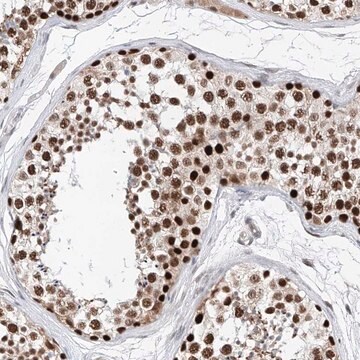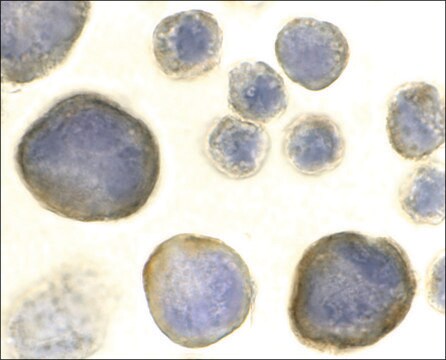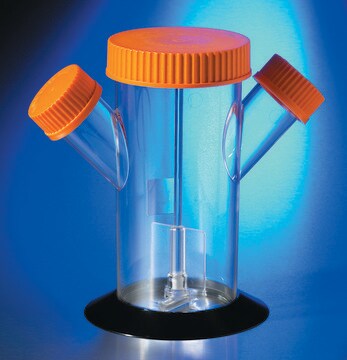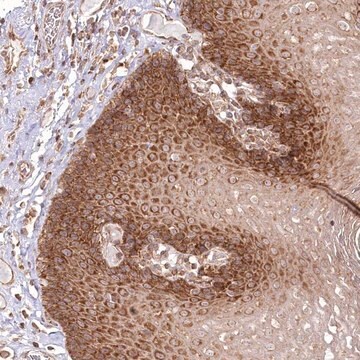SAB4200504
Anti-SND1 antibody, Mouse monoclonal
clone SND1-3, purified from hybridoma cell culture
동의어(들):
Monoclonal Anti-SND1 antibody produced in mouse, Monoclonal Anti-TDRD11, Monoclonal Anti-staphylococcal nuclease and tudor domain containing 1, p100
About This Item
추천 제품
생물학적 소스
mouse
결합
unconjugated
항체 형태
purified from hybridoma cell culture
항체 생산 유형
primary antibodies
클론
SND1-3, monoclonal
형태
buffered aqueous solution
분자량
antigen ~102 kDa
종 반응성
human, rat, mouse
농도
~1.0 mg/mL
기술
western blot: 1-2 μg/mL using whole extracts of human HeLa or HEK-293T cells.
동형
IgG1
UniProt 수납 번호
배송 상태
dry ice
저장 온도
−20°C
타겟 번역 후 변형
unmodified
유전자 정보
human ... SND1(27044)
mouse ... Snd1(56463)
rat ... Snd1(64635)
일반 설명
특이성
면역원
애플리케이션
- immunoblotting
- immunoprecipitation
- immunofluorescence
생화학적/생리학적 작용
물리적 형태
저장 및 안정성
면책조항
적합한 제품을 찾을 수 없으신가요?
당사의 제품 선택기 도구.을(를) 시도해 보세요.
Storage Class Code
10 - Combustible liquids
Flash Point (°F)
Not applicable
Flash Point (°C)
Not applicable
시험 성적서(COA)
제품의 로트/배치 번호를 입력하여 시험 성적서(COA)을 검색하십시오. 로트 및 배치 번호는 제품 라벨에 있는 ‘로트’ 또는 ‘배치’라는 용어 뒤에서 찾을 수 있습니다.
자사의 과학자팀은 생명 과학, 재료 과학, 화학 합성, 크로마토그래피, 분석 및 기타 많은 영역을 포함한 모든 과학 분야에 경험이 있습니다..
고객지원팀으로 연락바랍니다.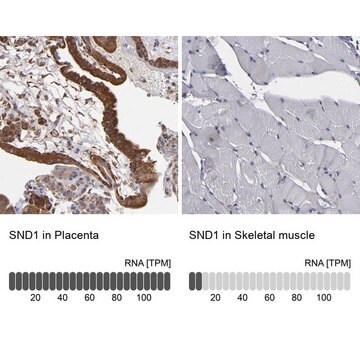
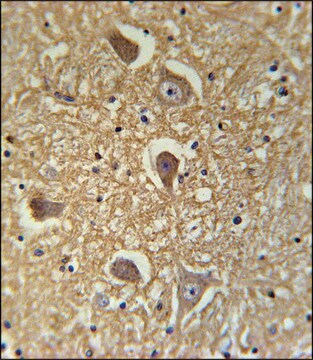
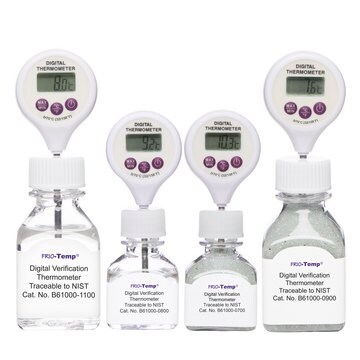
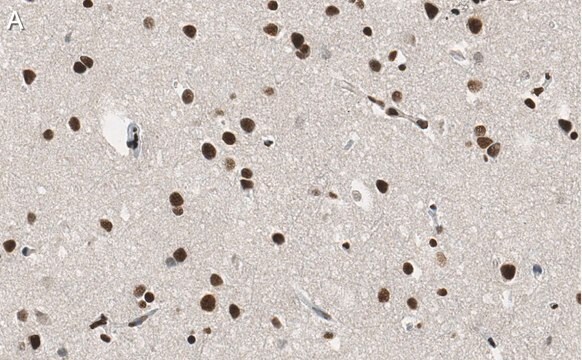
iridium(III) 97%](/deepweb/assets/sigmaaldrich/product/structures/309/053/0823f035-245c-433d-b033-2eca2d931c67/640/0823f035-245c-433d-b033-2eca2d931c67.png)
